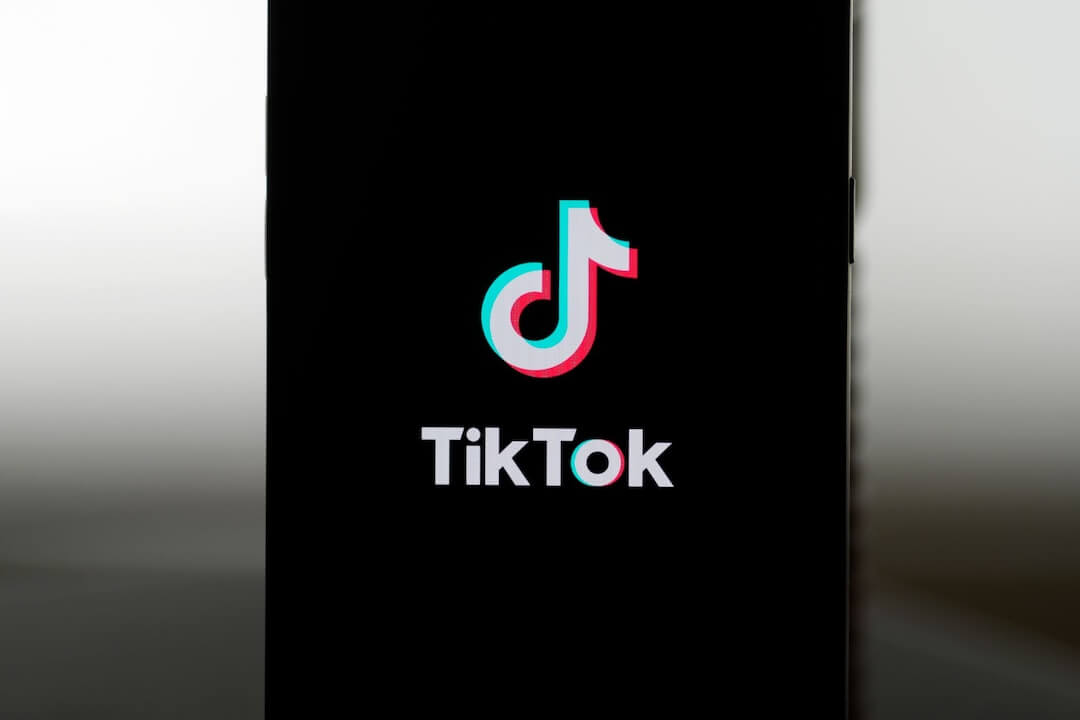The headquarters of The Lens, an independent nonprofit newsroom, is a small, no-frills facility in an uptown New Orleans industrial park. Instead of windows, there are glass doors protected by burglar bars. The office modem awkwardly dangles above the toilet. The furniture is a mix of plastic folding tables, worn chairs and mismatched lamps bought from thrift stores. The staff is tiny, made up of eight full-time employees and two part-timers.
Despite the odds, employee morale and sense of purpose are sky-high.
“We’re doing some of the highest level of journalism in some of the smallest, less conducive-to-journalism conditions,” said Editor Steve Beatty. Staff writer Marta Jewson echoed those thoughts: “This is exactly what we need. We’re all independent, mobile journalists. A pretty space and glass tables don’t make us and don’t have anything to do with the journalism we produce.”
Since its founding in November 2009, The Lens has earned regional and national attention and several awards for its investigative work. Their multimedia investigation Losing Ground, produced with ProPublica, won the 2015 Edward R. Murrow Award. Most recently, The Lens made local headlines after suing the city of New Orleans for failing to follow public-records laws.

The Lens was one of a dozen nonprofit and for-profit organizations my Poynter colleagues and I visited over the summer. The goal of the visits, funded by a grant from the Ethics and Excellence in Journalism Foundation, was to gather information to share at a 2016 conference for nonprofit news organizations.
“There is an esprit de corps that you don’t find in many newsrooms,” said Bob Marshall, a staff writer. That sense of unity and purpose is shared among the Lens staff.
The mission of The Lens “is to engage and empower the residents of New Orleans and the Gulf Coast by providing the information and analysis necessary to advocate for more accountable and just governance.” The newsroom covers city contracts, blight, charter schools, coastal loss and coastal restoration. It is specifically focused on the city of New Orleans, not statewide stories.
Location is critical to the site’s success, financially and editorially. “For investigative reporting, living here is like drinking from a fire hose,” said Beatty. “We choose which good story we’re not going to do, so we can go after the great one.”
Of all the places we visited, ones with a clear, shared mission and focus — knowing what stories are worth covering, or what work is worth doing — appeared to boast the best employee morale.
At TED, employees would proudly rattle off its three-word mission: “Ideas worth sharing.” Multiple people at The Marshall Project mentioned reading “The Devil and the Grove,” a book about Thurgood Marshall, for whom the criminal justice-focused news organization is named after.
We saw the importance of focus — on policy, the legislature, state issues and politics — at The Texas Tribune. A defining moment for the nonprofit took place during the 2014 shootings at Fort Hood. “We were getting ready to put people in the car,” editor Emily Ramshaw recalled, “but then we said, ‘Wait, this is a local crime at a federal facility. It’s not for us.’”
Organizational success is often tied to a clear mission, and employee happiness and productivity are undoubtedly part of that. It’s especially important for nonprofits, where mission plays an integral role in fundraising and audience building.
Having a clear mission that employees believe in is also key for nonprofits to attract and retain good talent, especially places that may not be able to offer perks or generous financial incentives.
“It’s a legitimately big problem for journalism,” said Abe Handler, referring to hiring coders and developers, who are typically in high demand. After spending a year at The Lens as a software developer and data journalist, Handler is now at the University of Massachusetts, getting his PhD in computer science.
“You have to find people who care about journalism,” he added. “It’s easier at a place like The Lens where there’s a clear mission – you have to be attracted to the mission.”
“I love working here,” said Tom Thoren, The Lens’ remaining developer. “Everyone who works here is passionate about what we do.” After a pause, he added, “I don’t think anyone here makes a lot of money, though.”
The Poynter Nonprofit News Exchange will be held in St. Petersburg, Florida, on January 20-22, 2016. Applications for the free, three-day conference close on Friday, Nov. 13.







